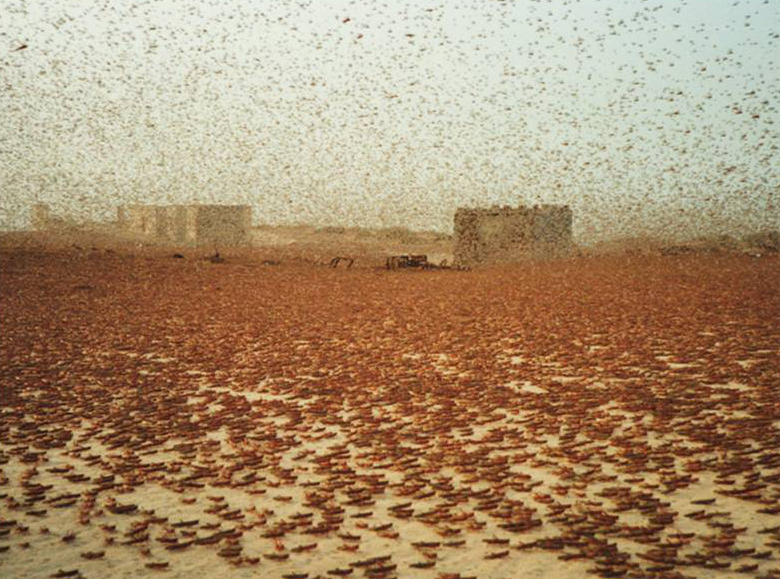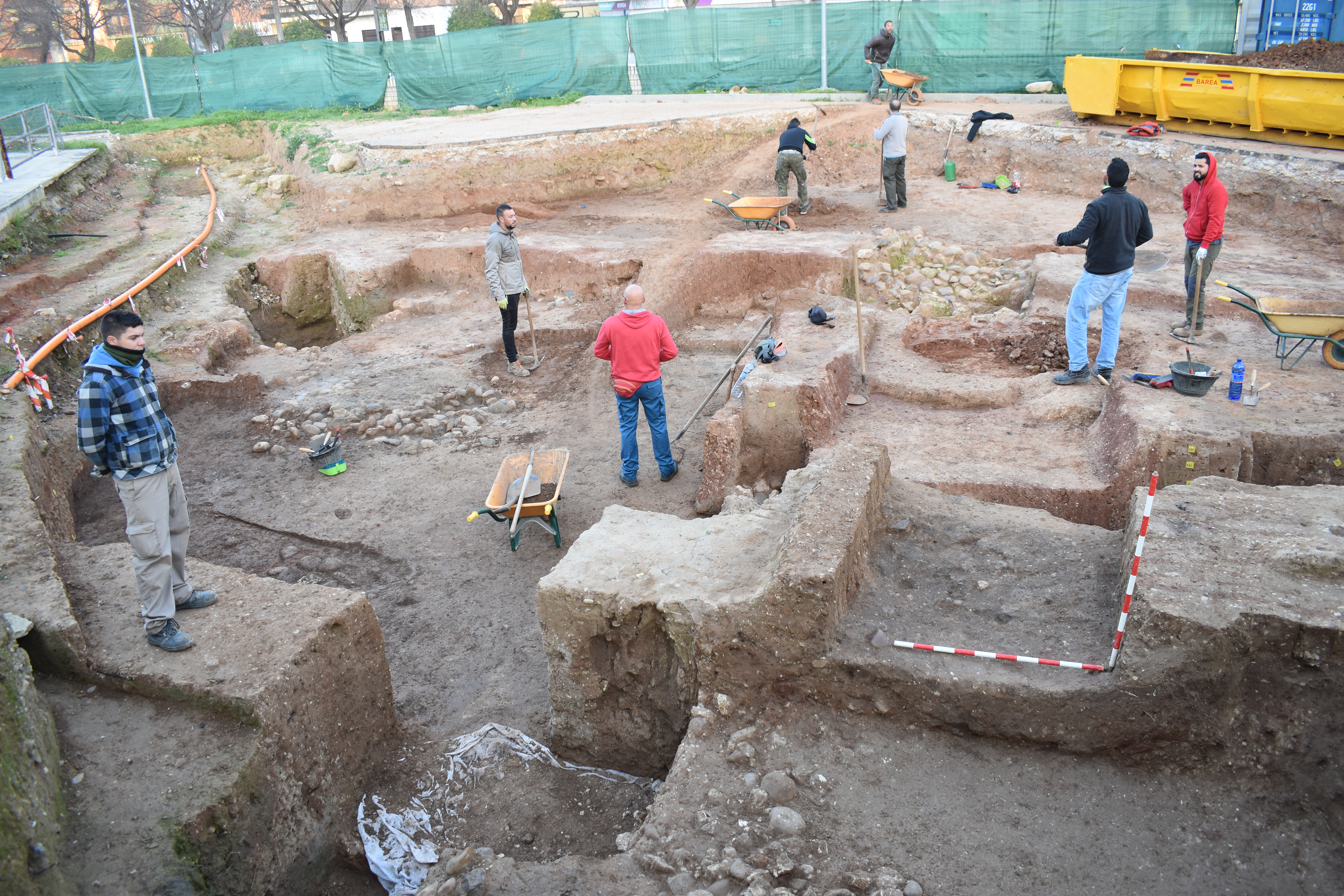Gaddafi's Fall Leads to Desert Locusts' Rise

The fall of Muammar Gaddafi has led to at least one adverse consequence in Libya: the rise of desert locusts.
Amid political turmoil, the country has neglected its pest control operations, putting croplands there and in nearby African countries at imminent risk of destruction by locust swarms, the Food and Agricultural Organization (FAO) of the United Nations warned on Tuesday. "The fall of Gaddafi was an enormous factor, to be honest," said Keith Cressman, FAO senior locust forecasting officer, according to the Financial Times. "It depleted the Libyans' capacity to monitor and respond as they normally would."
Desert locust swarms formed in Libya and Algeria in mid-May after abundant rainfall facilitated growth of vegetation on which they feed. However, insecurity along the Libya-Algeria border — a consequence of the uprising — has prevented affected areas from being sprayed.
Gaddafi's regime tightly controlled the country's locust population, regularly sending convoys of survey and pest control vehicles into the desert areas where locusts breed, Cressman said. Libyan convoys even came to the aid of other African countries facing locust infestations. "But now they are the ones needing help," he said.
When the crop-destroying insects aren't kept in check, swarms can develop and move south into neighboring countries, such as Niger and Mali. During a plague, a swarm of billions of locusts stretching hundreds of square miles can descend on farmland, each insect capable of eating its own weight in food every day.
Such a plague affected farmers in two dozen mainly African countries from 2003 to 2005. Although the current infestation is nowhere near as severe as that one was, the FAO said the conflict in Mali (the north of the country has been taken over by rebel Islamists) could hamper response efforts there, aggravating the problem.
Follow Life's Little Mysteries on Twitter @llmysteries, then join us on Facebook.
Get the world’s most fascinating discoveries delivered straight to your inbox.
 Live Science Plus
Live Science Plus






